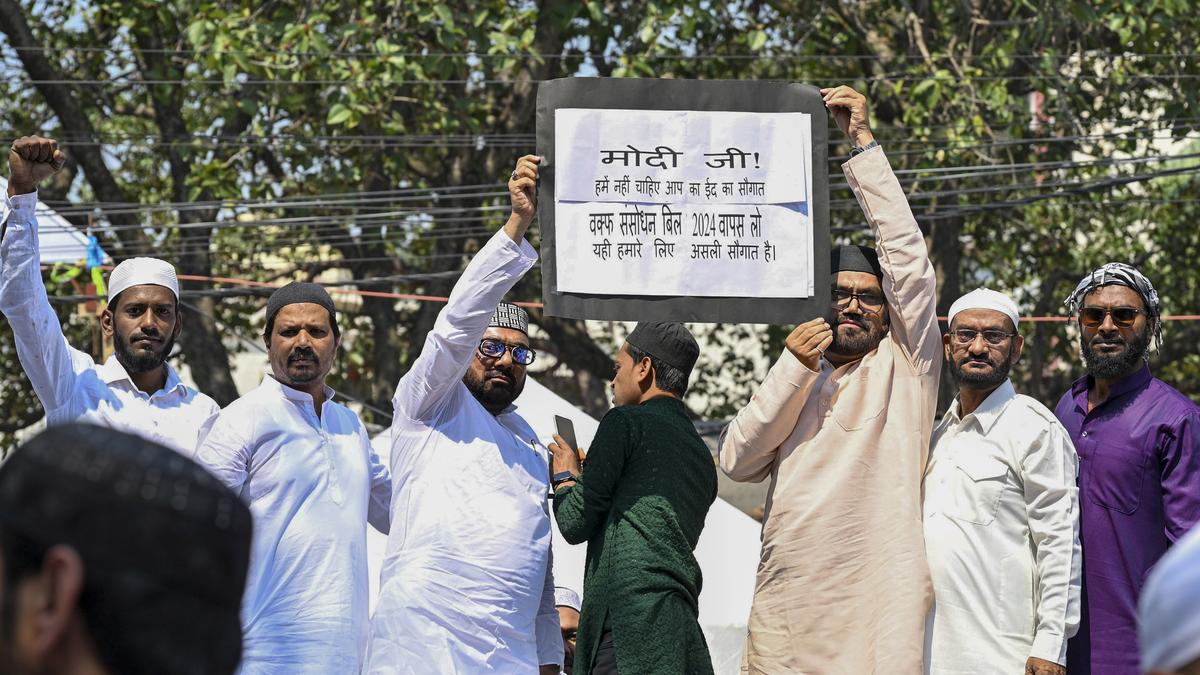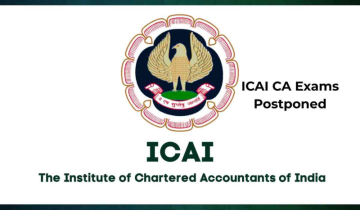In recent weeks, India's Lok Sabha has been abuzz with discussions over the Waqf Amendment Bill, 2025. This legislation, aimed at reforming the management of Waqf properties across the country, has sparked both support and criticism. On one hand, proponents argue that it will enhance transparency and efficiency in managing these properties. On the other hand, critics express concerns about the legislative process and potential implications on religious rights and community autonomy. Let's delve into the details of the bill, its passage, and the concerns surrounding it.

Understanding Waqf Properties
Waqf is an Islamic endowment where property is donated for charitable or religious purposes. These properties are managed by Waqf boards, which oversee their use and maintenance. The Waqf Act of 1995 governs these properties, but over the years, issues such as poor management, legal disputes, and lack of transparency have arisen.
The Waqf Amendment Bill, 2025
The Waqf Amendment Bill, 2025, seeks to address these challenges by introducing several key reforms:
-
Streamlined Registration and Management: The bill aims to integrate technology into the management of Waqf records, making it easier to track and maintain these properties. This includes creating a central portal for Waqf properties, which will help in monitoring and ensuring that these properties are used for their intended purposes.
-
Enhanced Efficiency of Waqf Boards: By streamlining the registration process and improving the administration of Waqf properties, the bill hopes to reduce legal disputes and enhance the overall efficiency of Waqf boards.
-
Inclusion of Non-Muslim Members: The bill proposes the inclusion of non-Muslim members on Waqf boards to promote inclusivity and bring in diverse expertise. However, this move has been met with criticism from some quarters, who argue that it could undermine the community's autonomy over its religious affairs.
-
Removal of Waqf Tribunal Authority: The bill suggests transferring the authority to resolve Waqf-related disputes from Waqf Tribunals to district collectors or designated officers. Critics fear this could lead to more disputes and complicate the resolution process.

Passage of the Bill
The Waqf Amendment Bill, 2025, was passed in the Lok Sabha with 288 votes in favor and 232 against it. The bill was introduced after incorporating suggestions from a Joint Parliamentary Committee (JPC) that reviewed the legislation. However, the opposition has criticized the government for rushing the bill without adequate time for proposing amendments.
Concerns Over the Legislative Process
Critics argue that the bill was pushed through without sufficient consultation with Muslim stakeholders, which raises questions about its legitimacy and acceptance within the community. The opposition has also voiced concerns about the lack of time given for amendments, suggesting that the government is "bulldozing" the legislation.
Implications of the Bill
The Waqf Amendment Bill has significant implications for the management of Waqf properties and the Muslim community:
-
Religious Rights and Autonomy: Critics argue that the bill infringes on minorities' constitutional rights, particularly religious freedom. The inclusion of non-Muslim members on Waqf boards is seen as an interference in the community's management of its religious properties.
-
Increased Government Control: The centralization of control over Waqf properties and disputes is viewed as bureaucratic overreach. This shift could lead to delays and legal challenges, undermining the efficiency the bill aims to achieve.
-
Potential for Disputes: The removal of Waqf Tribunal authority and the transfer of dispute resolution to district collectors may lead to more disputes and complicate the resolution process.
-
Historical Context and Waqf by User: The bill omits provisions for recognizing "Waqf by user," which could jeopardize properties historically used for Waqf purposes without formal documentation. However, the government has clarified that this change is prospective and will not affect existing Waqf properties.

Perspective on the Bill
While the Waqf Amendment Bill, 2025, aims to address long-standing issues in the management of Waqf properties, its passage has raised several concerns. The inclusion of non-Muslim members on Waqf boards, for instance, is intended to bring in expertise and promote transparency. However, critics fear that this could dilute the community's control over its religious affairs.
The government's reasoning behind the bill is to enhance transparency and efficiency, which are crucial for ensuring that Waqf properties are used for their intended purposes. However, the opposition's concerns about the legislative process and potential implications on religious rights cannot be overlooked.
In a democratic setup, legislation should ideally reflect a consensus among stakeholders. The swift passage of the bill without adequate consultation with Muslim stakeholders has raised questions about its legitimacy and acceptance within the community.
Historical Context of Waqf Properties
Waqf properties have played a significant role in India's history, serving as centers for education, healthcare, and social welfare. These properties are not just religious endowments but also cultural and historical assets. The management of Waqf properties is crucial not only for the Muslim community but also for preserving India's rich cultural heritage.

Impact on Community Autonomy
One of the primary concerns is the potential erosion of community autonomy. The inclusion of non-Muslim members on Waqf boards and the centralization of dispute resolution could be seen as an encroachment on the community's right to manage its religious affairs. This raises questions about the balance between government oversight and community autonomy.
Role of Technology in Waqf Management
The bill's emphasis on technology integration is a positive step towards modernizing Waqf management. A centralized portal for Waqf properties can help track and monitor these assets more effectively, reducing the risk of mismanagement and disputes. However, the success of this initiative will depend on the effective implementation and accessibility of these technological tools.
International Perspectives on Waqf Management
Internationally, Waqf management varies significantly across countries. In some nations, Waqf properties are managed by autonomous boards with minimal government intervention, while in others, there is a more centralized approach. India's approach will be watched closely by other countries with significant Muslim populations, as it could set a precedent for Waqf management globally.

Conclusion
The Waqf Amendment Bill, 2025, represents a significant step towards reforming the management of Waqf properties in India. While it aims to address critical issues such as transparency and efficiency, concerns over the legislative process and potential implications on religious rights and community autonomy are valid and need careful consideration.
As India continues to evolve as a democratic nation, it is essential that legislative reforms are inclusive and respect the rights of all communities. The government must ensure that such reforms are not perceived as undermining religious freedoms or community autonomy but rather as measures to enhance the overall governance and management of religious endowments.
In the end, the success of the Waqf Amendment Bill will depend on how effectively it balances the need for reform with the need to respect and protect the rights of the Muslim community over its religious affairs. It is crucial for policymakers to engage in open dialogue with stakeholders to address these concerns and ensure that the bill serves its intended purpose without causing unintended harm.

Future Directions
Moving forward, it will be important to monitor the implementation of the bill and its impact on Waqf properties and the Muslim community. Continuous dialogue between the government and community stakeholders will be essential in addressing emerging challenges and ensuring that the reforms achieve their intended goals.
Moreover, the government should consider establishing mechanisms for regular feedback and review, allowing for adjustments to the legislation as needed. This approach will help in building trust and ensuring that the reforms are beneficial for all parties involved.
In conclusion, while the Waqf Amendment Bill, 2025, presents opportunities for improving the management of Waqf properties, it also raises important questions about community autonomy and religious rights. Addressing these concerns through inclusive dialogue and careful implementation will be crucial for the bill's success.
With inputs from agencies
Image Source: Multiple agencies
© Copyright 2025. All Rights Reserved Powered by Vygr Media.







